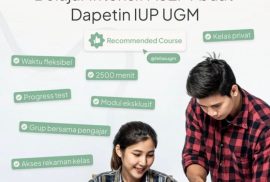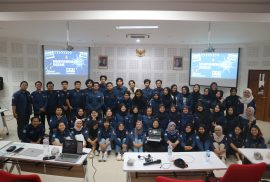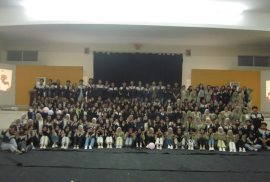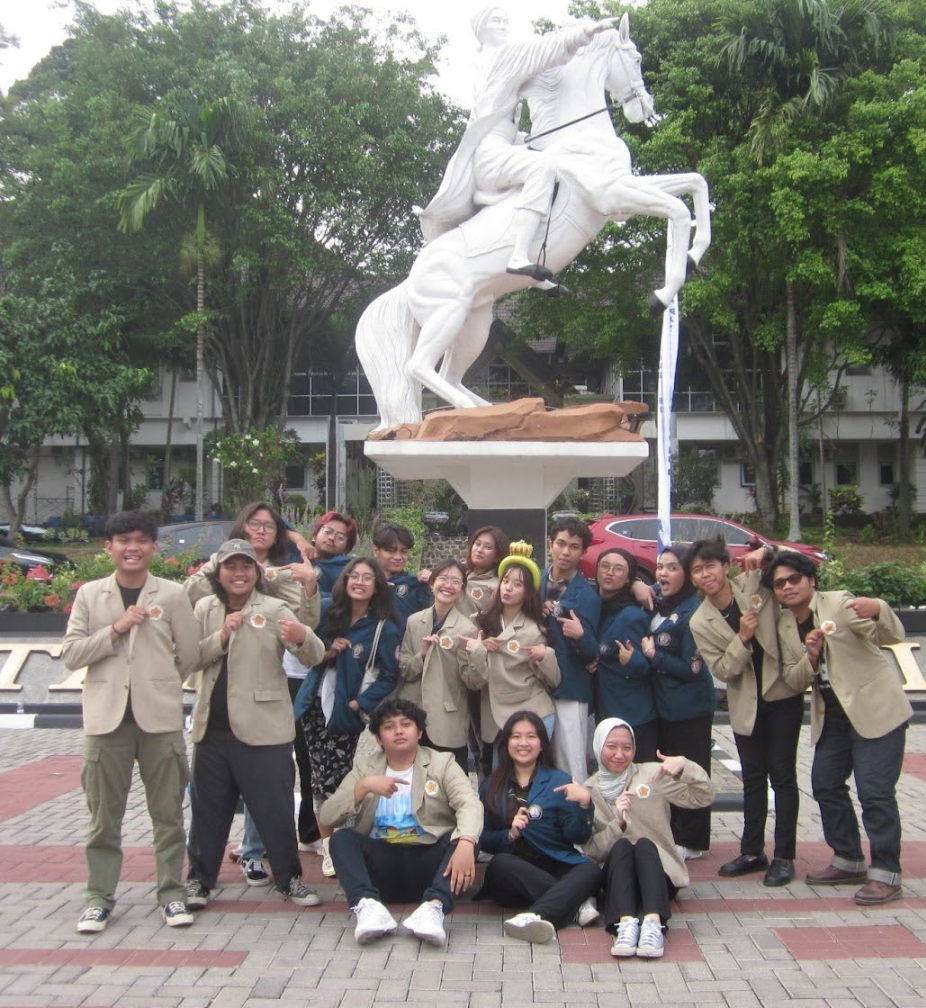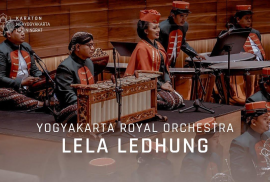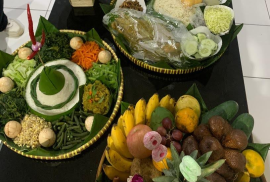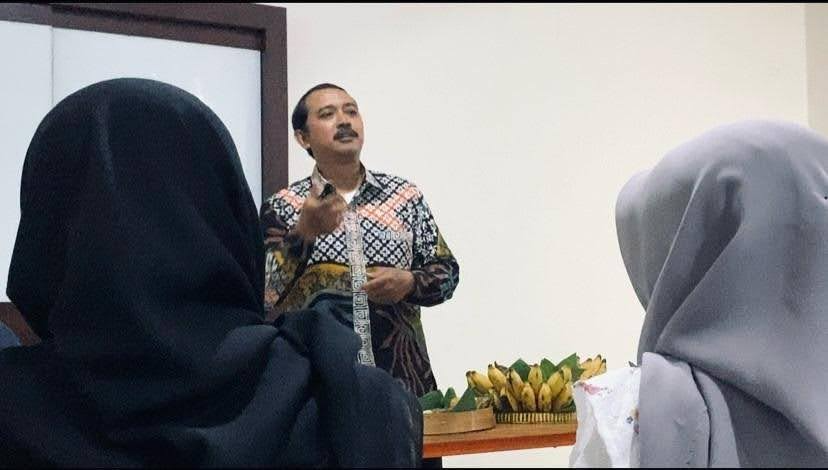Set yourself up for success with the AcEPT Private Course at Fellas! If you aspire to get into IUP UGM, this is your chance to study intensively with the best guidance from the Language Center of FIB UGM.
✨ What Do You Get?
Pre-test & Post-test to see your progress.
Schedule flexibility (online, offline, hybrid).
Exclusive modules from the UGM Language Center.
2,500 minutes of intensive learning.
Discussion groups with professional tutors.
Access to class recordings to repeat the material at any time.
Course certificate that adds to your portfolio.
✨ How to Join AcEPT Private Course:
Contact the admin or go directly to the Language Center for consultation.
Discuss the number of participants and course fees.
Send personal data and complete payment according to the results of the consultation.
Request a course schedule according to your free time.
Do a pre-test to determine the initial level (beginner/intermediate/advanced).
Intensive learning begins according to the pre-test results.
✨ Flexible course fee according to the number of participants
1 person: IDR 11,550,000/person
2 people: Rp5,950,000/person
3 people: IDR4,100,000/person
4-6 people: IDR 3,100,000/person
7 people: Rp1,900,000/person
Choose your own number of participants! This course is designed around your needs, with flexibility and optimal results.
So, what are you waiting for? Achieve a high AcEPT score and secure your place at IUP UGM now. Get in touch with our Language Center! ✨

